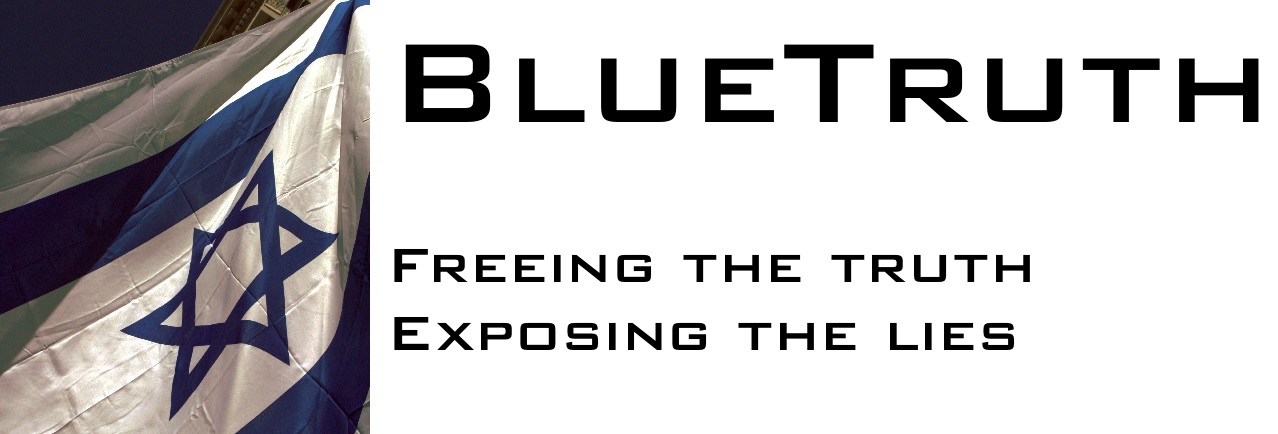Today, the Daily Cal published my response.
Read Sanders' piece here. Note the inflammatory language directed against both Israel and the JCRC.
Read the published version of my response here.
Here is the final version that I submitted to them. I highlighted the sections that were deleted by the Daily Cal.
This was after I agreed to take out the word "extremist" when referring to JVP and Cheryl Davila. This was after I agreed that they could put the qualifier "by my count" in front of the factual information about the speakers. This was after I agreed to take out "this was a lie" when referring to JVP's claim that THEY represented the Jewish community. (The editor at the Daily Cal did note that it was against their policy to print the final paragraph even after I took out a specific call for Sanders to debate me, so I have to respect that particular policy.)
Compare what Sanders was allowed to get into print and what was cut from my submission. Judge for yourself whether there is an editorial double standard in play here.
Carol Sanders’ Op-Ed
celebrates the fact that anti-Israel activists hijacked a Berkeley city
commission into holding a hearing on an anti-Israel resolution that, according
to Berkeley’s own rules, it had no business even considering. Such
“victories” are standard fare for the BDS (Boycott, Divestment, and Sanctions)
movement which, despite hiding behind a façade of “human rights” and “open
debate,” is actually anti-peace, anti-dialogue, and anti-coexistence.
Sanders claims that it
was somehow remarkable that the issue of “Palestinian rights” was
discussed. American policy for many years has been to support a just
peace on the basis of two states for two peoples—the Jewish state of Israel and
a future Arab state of Palestine. The real problem here is that BDS
insists that “human rights” and “justice” for the Palestinian Arabs require
eliminating the right of the Jewish people to self-determination. The
central demand of the BDS movement-- the “right of return” for millions of
descendants of Palestinian Arab refugees who fled in 1947-49 during the war
launched by the Arabs to destroy Israel at its birth-- would turn the Jewish
people into a stateless minority in their own homeland. And as Omar Barghouti, co-founder of the BDS movement states, "I am not for a two-state solution."
BDS also opposes any
attempts at dialogue. PACBI, the Palestinian Campaign for the Academic and
Cultural Boycott of Israel, defines words such as “pro-peace”, “compromise”,
“coexistence” “understanding” and “dialogue” as “buzzwords of normalizing
projects” which are to be opposed in favor of “co-resistance.”
The hearing at the Human Welfare Commission
itself was far from an enlightening debate. Some anti-Israel speakers
presented the usual canards, lies and even frankly racist statements such
as the charge that the fate of the Palestinian population under Israel’s
control is similar to the genocide of European Jewry in the
Holocaust--factually wrong as the Palestinian population has grown four
times larger since 1967. Letters sent to the commission in favor of the
resolution bemoaned that Berkeley was "deeply influenced by the monied
Jewish lobby" and tried to defend the diversion of the Commission's work
as an issue of "free speech." While Jewish Voice for Peace
(JVP) claimed at the Commission’s September meeting that they represented
the Jewish community, Jewish community members and leaders turned out to oppose
the resolution. A letter to the Commission opposing the resolution was signed
by many Jewish lay leaders and rabbis. In the end, almost two thirds of
the speakers, Jews and non-Jews, urged the Commission to reject this deeply
flawed and biased measure.
Further, just as
BDS activism on campuses and communities often leaves a trail of
anti-Semitic incidents, several Jewish Berkeley residents described how
they were targeted with hate speech in the few weeks leading up to this
hearing. This should not surprise anyone. While not every BDS advocate is
an anti-Semite, the fundamental core of their movement—denying the same rights
to the Jewish people that they demand for the Palestinians—is prima
facie discrimination against the Jewish people.
In the end, despite the
efforts of the Commission chair Praveen Sood to bully other commissioners into
voting for his alternative divestment resolution, a majority voted down the
entire topic. Some recognized that their commission should not have even
considered this measure, as the Berkeley City Attorney had confirmed. They
openly questioned why their commission spent so many hours on this measure,
which took time and resources away from their mission of helping the poor in
Berkeley. And one commissioner addressed the key question that BDS tries
desperately to avoid, asking if measures such as this will truly bring peace to
the region. The answer to that question, of course, is no—because BDS actually
undermines efforts for a true peace in the region.
Sanders claims she
supports open discussion of this issue. So do I. The UC community might be well
served by a genuine debate about BDS. Students of the Graduate School of
Journalism could moderate it, and UCTV could film it. Let’s have a truly open
discussion, to which people of good will and open minds can listen and
make their own decisions.



